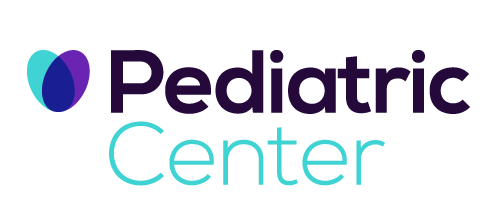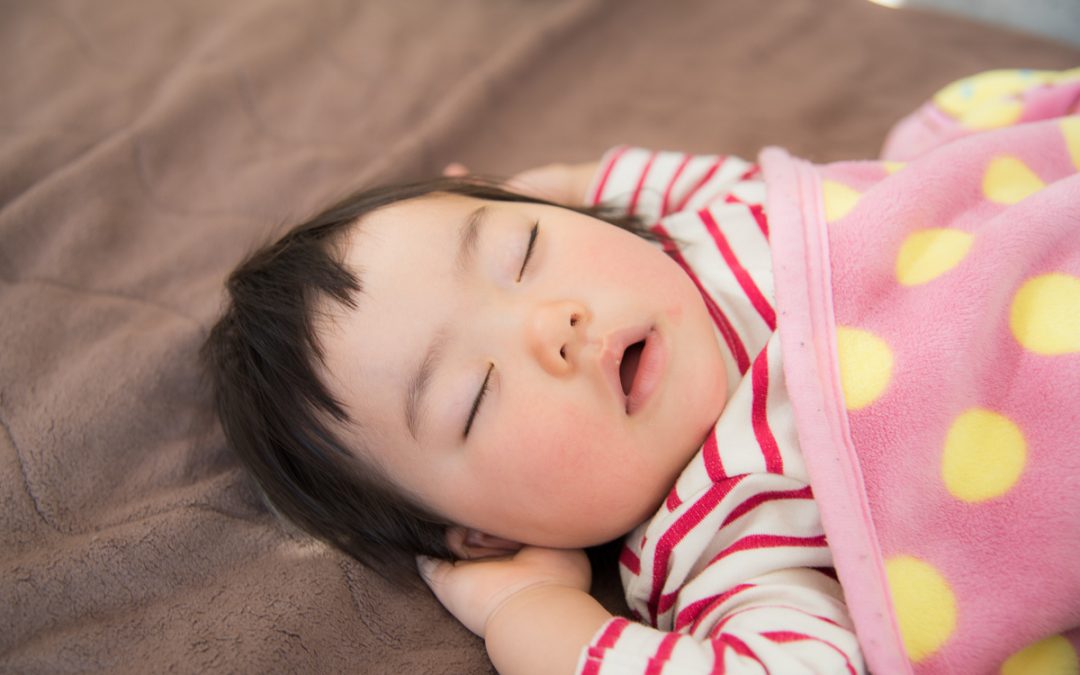Sleep Apnea in children is a common problem that affects about 2% of children with many more still undiagnosed. At the Pediatric Center in Idaho Falls our physicians are there to help you with any concerns you may have concerning your child’s health. If you believe your child does have Sleep Apnea, you will want to schedule an appointment today to see one of our specialists. If left untreated, Sleep Apnea can lead to serious issues with a child’s development, growth and behavior as well as heart problems in the future.
Sleep Apnea Symptoms in Children
If you notice any of the following symptoms be sure to let your pediatrician at The Pediatric Center know as soon as possible.
- Frequent Snoring
- Gasping, having long pauses, or even stopping breathing during the night
- Sleep is not sound and may have irregular sleeping positions
- Mouth breathing.
- Behavior Problems
- Difficulty pay attention in school
- Sleepiness during the day
- Bedwetting
At the Pediatric Center in Idaho Falls our physicians want to provide you and your children with the best care. If your child has any of the symptoms listed above, our specialists may want to do a sleep study on your child to determine the cause of their Sleep Apnea. This sleep study is called polysomnogram. This study is done overnight at medical centers as well as hospitals. The polysomnogram will determine if your child does have sleep apnea. During this study the doctors will monitor your child’s breathing, oxygenation, and brain activity. Sensors will be attached to your child while they are asleep to get the best results.
What Causes Sleep Apnea in Children?
When we think of adults with Sleep Apnea we usually tend to think of an overweight, middle-aged person, although weight can be an issue for Sleep Apnea in children, it is not always the case in children.
Some causes of Sleep Apnea in children are:
- Enlarged tonsils and adenoids (Hypertrophy)
- Children born with medical conditions, such as Down Syndrome, Cerebral Palsy, or craniofacial abnormalities
- Overweight or obese children
Tonsils are the round, red masses on either side of your child’s throat. Tonsils help to fight infections that may enter the body. Adenoids can only be seen with an x-ray and are located in the space between the nose and throat. Children with Sleep Apnea usually have larger than normal tonsils and adenoids. Large tonsils can block the airways which will make it difficult for the child to breath as well as cause excessive and loud snoring. Some children with large tonsils do not have sleep apnea. A sleep study can help to determine whether or not your child suffers from sleep apnea.
Low muscle tone in the throat and mouth area can cause children with Down Syndrome to have some obstructive sleep apnea. Also, narrowed passages in the mouth and upper airway, poor air coordination movements, and an enlarged tongue can cause sleep apnea for children with medical conditions.
Overweight children have a higher risk of sleep apnea. When a person gains weight in the neck and throat area this increases the risk of poor respiratory functions. Usually an overweight child will have enlarged tonsils and adenoids due to increased fatty tissues in that area. It is very important to get an overweight child tested for sleep apnea. When overweight children get only 4-6 hours of sleep they have a higher risk to get diabetes since the processing sugar declines if they are not given the proper amount of sleep.
How To Treat Sleep Apnea in Children
At the Pediatric Center we want to help your better to sleep better at night. The most common way to treat Sleep Apnea in Children is to have the tonsils and adenoids removed. This will open up the airways to allow a better flow of oxygen and promote a better night’s sleep. A tonsillectomy and adenoidectomy is a fairly regular surgery and since your doctor can reach both the tonsils and adenoids by simply having your child open their mouth, there is no reason for incisions outside of the skin.
Since Sleep Apnea causes shallow breaths or pauses in breathing another effective treatment is CPAP or continuous positive airway pressure. This treatment requires the child to wear a mask while they sleep. The mild pressure from CPAP keeps the air passages from getting blocked or collapsing. CPAP treatment requires a machine with three parts including a mask, a machine with a motor that blows air, and a tube that connects the machine to the mask. This is an effective treatment for children that are not candidates for a tonsillectomy and an adenoidectomy or patients that have already received one and show now improvements in their sleep.
In overweight children they may need to lose the weight before their sleep apnea improves. In the meantime, until the weight is gone a CPAP is a good idea until their condition improves. As
always children may need additional treatment if they are overweight or have another serious condition.
Come see us at the Pediatric Center
If you suspect your child does have sleep apnea the first thing to do is call your doctor at The Pediatric Center, they specialize in Sleep Apnea in Children and will be able to help. If you can bring a record of your child’s sleep, fatigue levels throughout the day, and any other symptoms that you notice or think could be attributed to sleep apnea. Call us at (208) 523-3060 to schedule an appointment today.


